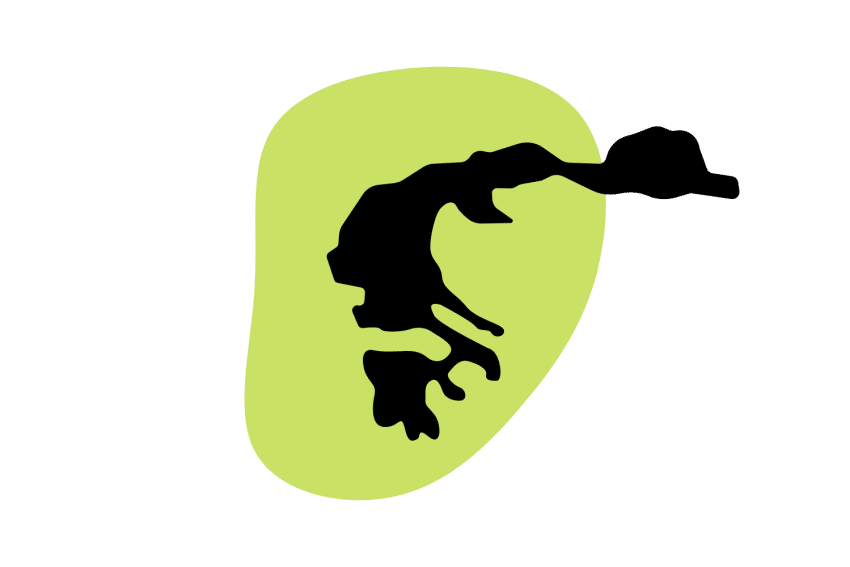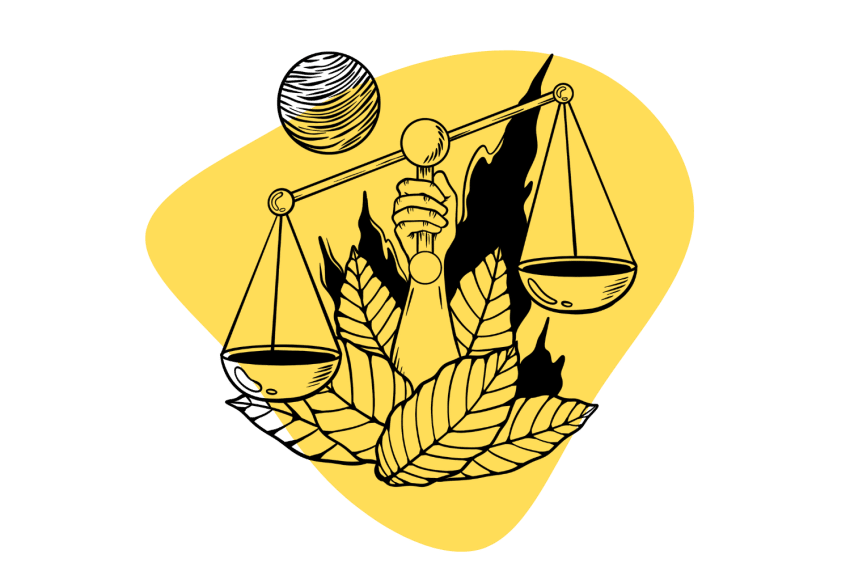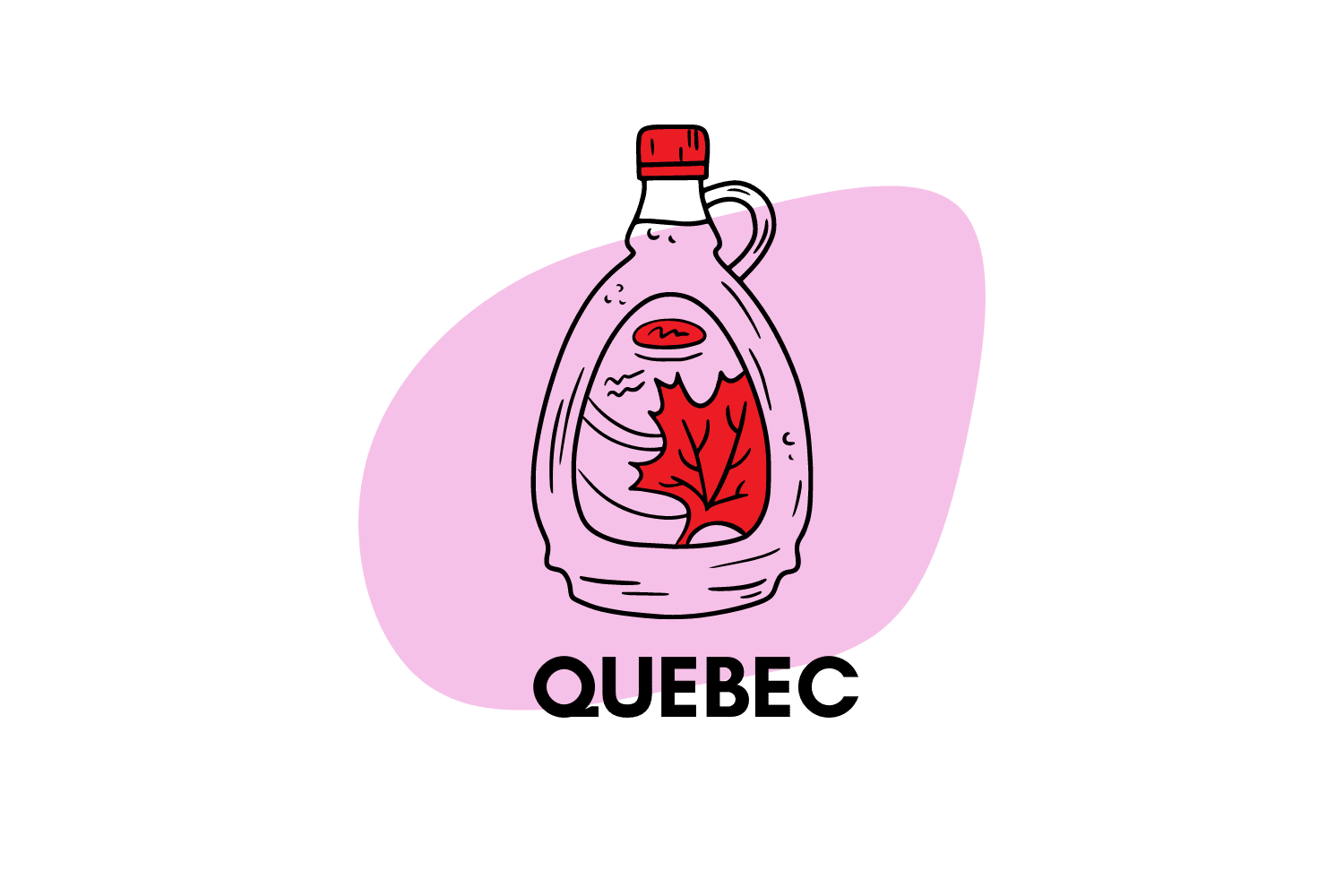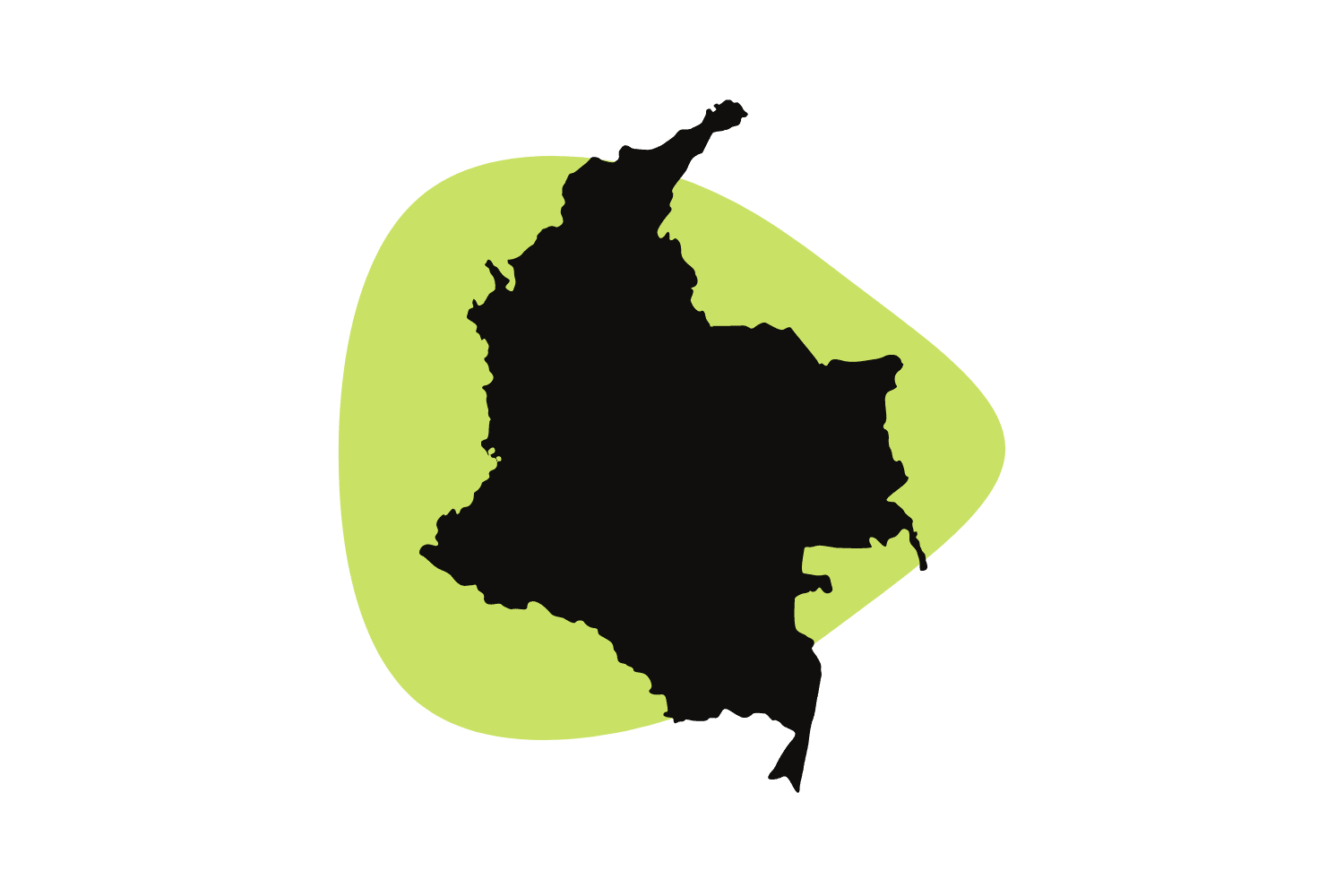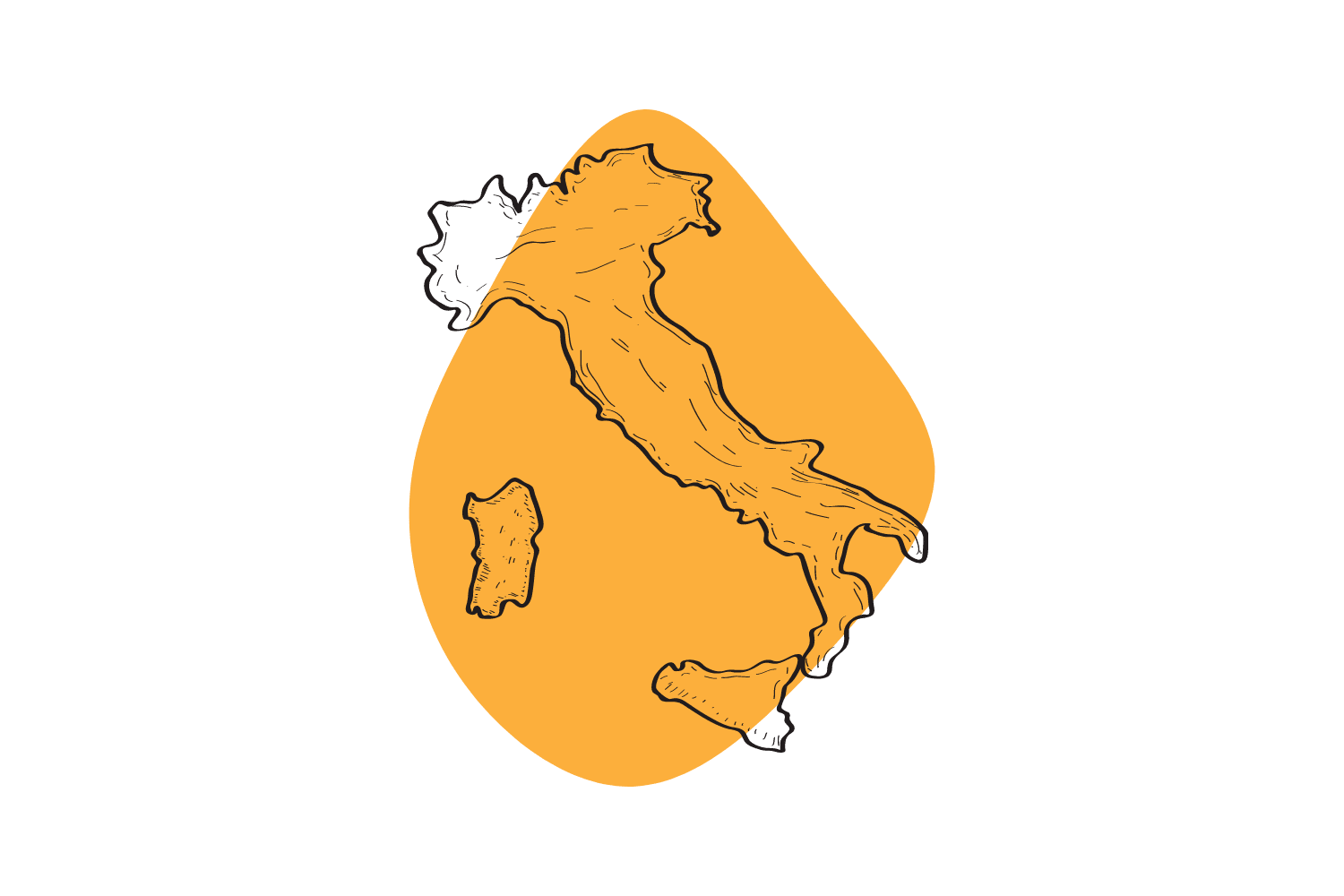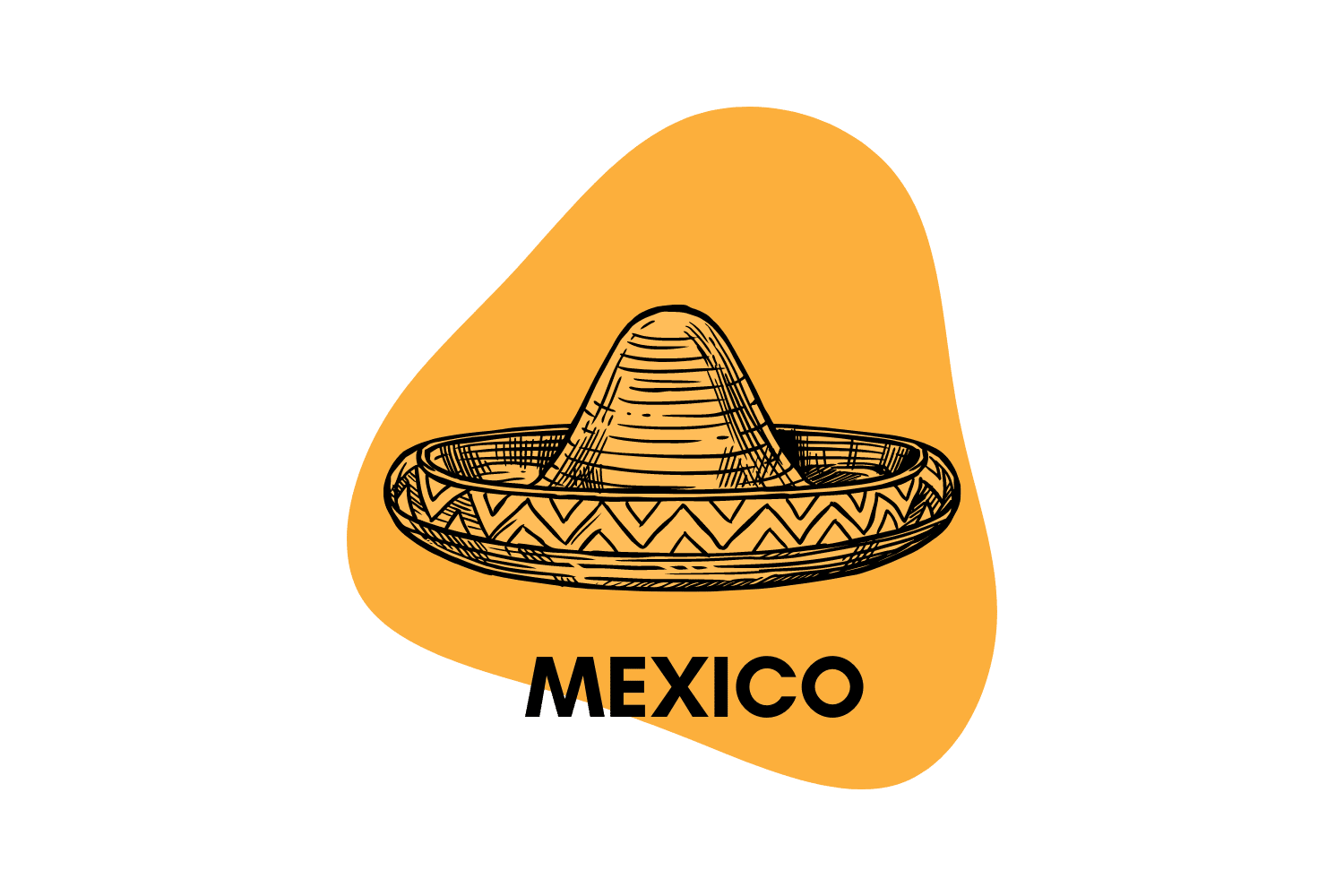Oh, Oklahoma! New Psychedelic Law Updates 2023
Oklahoma could see huge progress SOONER 🏈 than later.
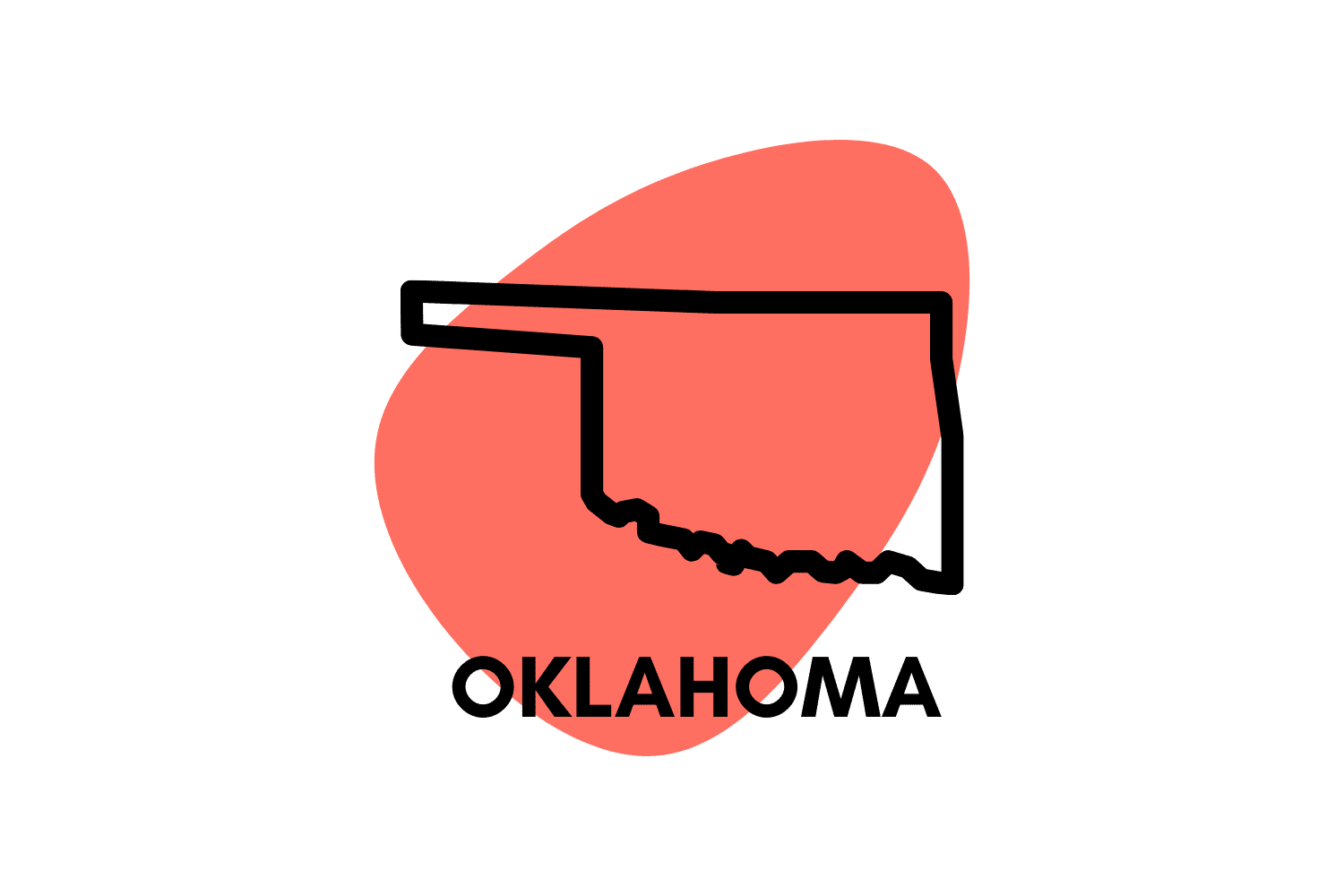
Magic mushrooms are illegal in Oklahoma, a state famous for its harsh substance laws.
However, current research no longer supports this strict stance, and laws are starting to change around the country.
While Oklahoma certainly isn’t a leader in terms of drug reform, there are some changes that could be coming by Q2 of 2023.
Here, we’ll discuss the current and future drug laws surrounding psychedelics like DMT, magic mushrooms, LSD, ketamine, MDMA, and more in the state of Oklahoma.
Are Magic Mushrooms Legal in Oklahoma?
No. Psilocybin, the psychoactive component of magic mushrooms, is considered a Schedule I substance by the federal Controlled Substances Act, making it illegal in Oklahoma.
The exception to this rule is magic mushroom spores, which are legal to purchase in the state of Oklahoma. Spores don’t contain any psilocybin or psilocin that makes psychedelic mushrooms illegal. However, once the spores are germinated, they become illegal again.
Recently, Oklahoma passed a law that reduces penalties for psychoactive substances (SQ 780). However, the punishments can still be severe. Possessing any substance is now a misdemeanor (formerly a felony charge), with penalties of up to one year in prison and a fine of up to $1,000 for first-time offenses.
Oklahoma HB 3414 would allow psilocybin research; a move to decriminalize the substance failed to pass. Still, this means Oklahoma is on the right track, and major changes could be coming.
Related: Where Are Magic Mushrooms Legal?
Map of Magic Mushroom Laws In the USA
Do Magic Mushrooms Grow Wild in Oklahoma?
Yes, you can find magic mushrooms in Oklahoma and throughout the United States.
Some species you may find include Panaeolus cinctulus and Panaeolus cyanescens, which grow in well-fertilized soils and compost piles. You may also find Psilocybe cubensis, which grows on cow or horse dung, from February to December, south of the state.
Related: How to Grow Magic Mushrooms At Home.
What Are the Medicinal Uses of Shrooms?
Psilocybin mushrooms have a lot of therapeutic value — both physical and psychological.
Evidence supports the use of psilocybin and psilocybin-containing mushrooms for the treatment of depression, existential anxiety, substance abuse disorders, post-traumatic stress disorder (PTSD), and cluster headaches, for example.
Also, psilocybin and other psychedelics have been shown to improve our problem-solving skills and boost creativity.
Many prominent medical and scientific institutions, like John Hopkins Medicine, support psilocybin’s reclassification due to its low potential for abuse and overwhelming evidence of medicinal value.
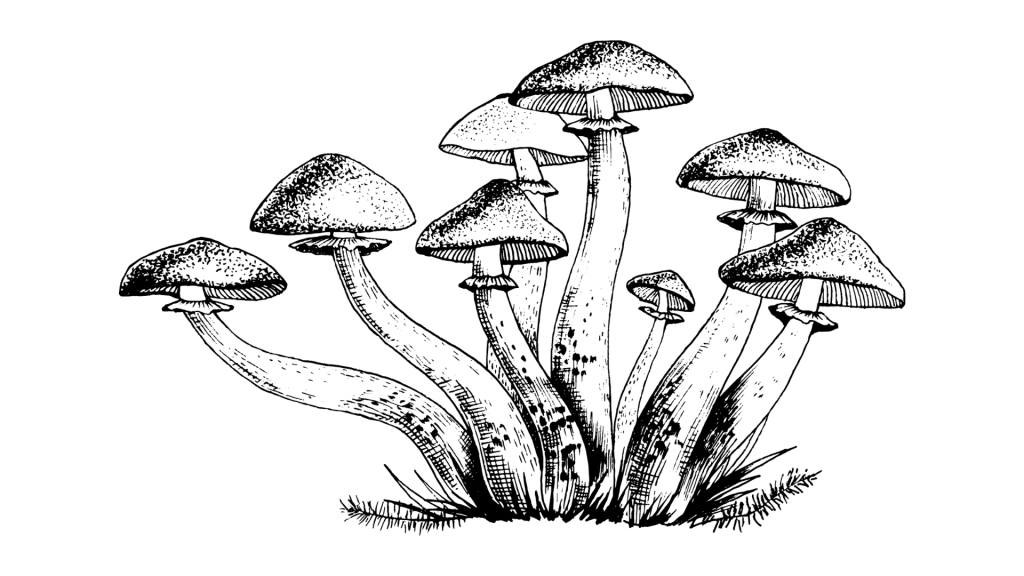
Is LSD Legal in Oklahoma?
No. LSD (lysergic acid diethylamide) is illegal in Oklahoma. It’s classified as a Schedule I substance under the Controlled Substances Act.
Currently, the possession of LSD is considered a misdemeanor, with fines up to $1,000 or imprisonment for one year.
However, there are several prominent therapeutic benefits associated with this compound and the rest of the lysergamide family LSD belongs to.
Research spanning back to the 1960s during the Harvard Psilocybin Project led by Timothy Leary and Richard Alpert proves LSD can help in the treatment of depression, PTSD, and addiction. Much of this older research is being picked up once again after a nearly 5-decades long ban on the substance.
Related: The Bizarre History of MK-ULTRA: LSD Mind Control & The CIA.
Is MDMA Legal in Oklahoma?
No. MDMA (ecstasy) is illegal in Oklahoma, and it is classified as a Schedule I controlled substance, meaning the law doesn’t contemplate any medicinal uses.
However, MDMA-assisted psychotherapy could become legalized as early as 2022. This would enable practitioners to prescribe MDMA treatments for patients suffering from PTSD.
This does not apply to the recreational use of MDMA and other amphetamine psychedelics.
Possession of MDMA in Oklahoma is a misdemeanor, with fines of up to $1,000 or up to one year in prison.
Is Ketamine Legal in Oklahoma?
Ketamine is legal in Oklahoma for medical use only, meaning that you can only get it with a prescription.
Possession without a prescription is considered a misdemeanor carrying a fine of $1,000 or up to one year in prison.
Recently the FDA approved a nasal spray as a treatment for severe depression. However, ketamine is still classified as a Schedule III substance under the Controlled Substance Act.
Is DMT Legal in Oklahoma?
No. In Oklahoma, DMT (dimethyltryptamine) is a Schedule I controlled substance, and possession is a misdemeanor. Penalties are up to 12 months in jail and a fine of up to $1,000. Beyond this, it does not appear that it will be legal any time soon.
However, cities such as Oakland, Santa Cruz, Ann Arbor, Washington D.C., Seattle and Detroit, and Oregon decriminalized plants and mushrooms with psychedelic effects, including DMT.
In addition, the federal government granted ayahuasca and other psychoactive substances to the Santo Daime, and União do Vegetal groups, as they are part of their religious tradition.
Related: List of Plants that Contain DMT.
Is Marijuana Legal in Oklahoma?
Marijuana is currently legal for medical use only in the state of Oklahoma — but the state is preparing for a vote to legalize marijuana in March this year.
It remains to be seen whether Oklahoma will join the 18 other states to legalize marijuana and establish a legal pathway for dispensaries to set up shop around the state.
What’s the Difference Between Legalization & Decriminalization?
There are crucial differences between legalization and decriminalization. While they are similar terms, and both are often used when referring to the legal status of drugs, they mean two very different things.
Decriminalizing a substance reduces the severity of penalties and fines, but that doesn’t make it legal.
Pennsylvania recently changed drug possession offenses from felony offenses (severe criminal acts) to a misdemeanor (lesser criminal acts). If drugs were decriminalized in Pennsylvania, it would remove the misdemeanor entirely. However, possession may still carry various fines or mandatory rehab/treatment. Commercial operations are prohibited for decriminalized substances.
Legalization refers to the complete removal of criminal offenses for a given substance. Sometimes substances are legalized for medicinal use only; other times, substances are legalized for recreational applications too. When a substance is legalized, commercial operations are permitted — but there are often heavy restrictions for companies seeking to offer products or services in the legal marketplace.

Key Takeaways: What’s the Future of Psychedelics in Oklahoma?
Oklahoma still seems to be a long way from legalizing psychedelic substances. However, the state recently moved to decrease penalties for offenders.
We expect to see further changes in how Oklahoma regulates psychedelics with clear therapeutic value in the near future. MDMA, for example, is on the brink of being legalized for psychedelic-assisted therapy (for treating PTSD). We’ll likely see compounds like psilocybin and LSD follow suit by the end of 2023.

